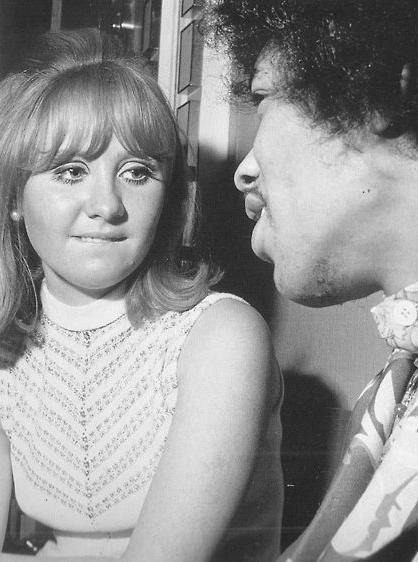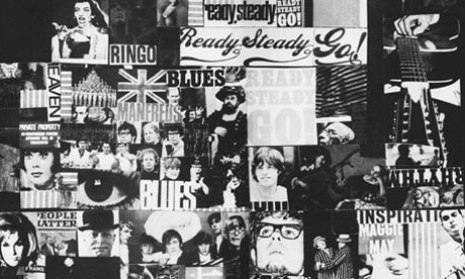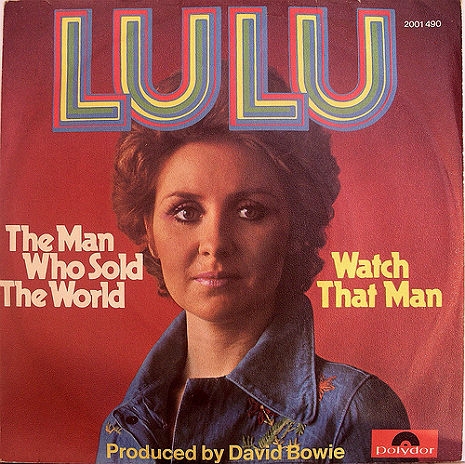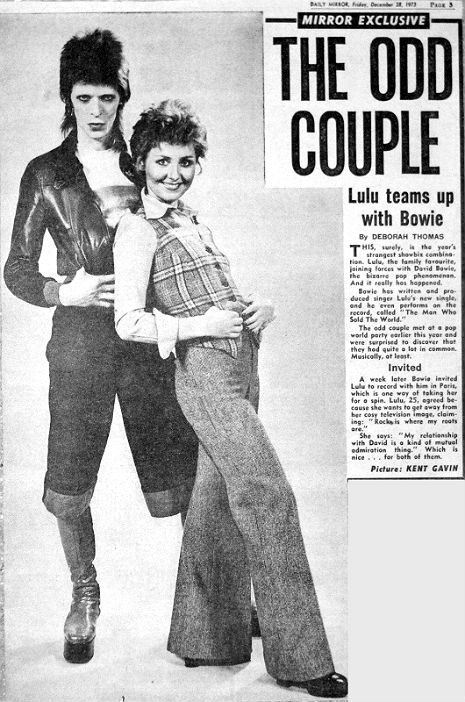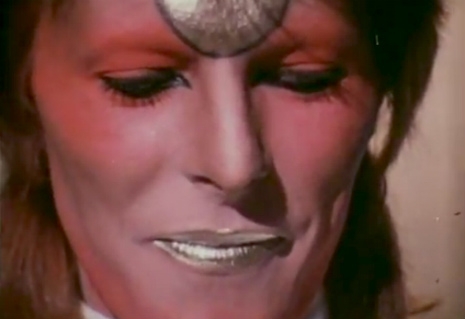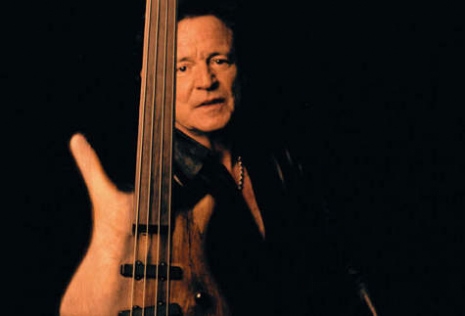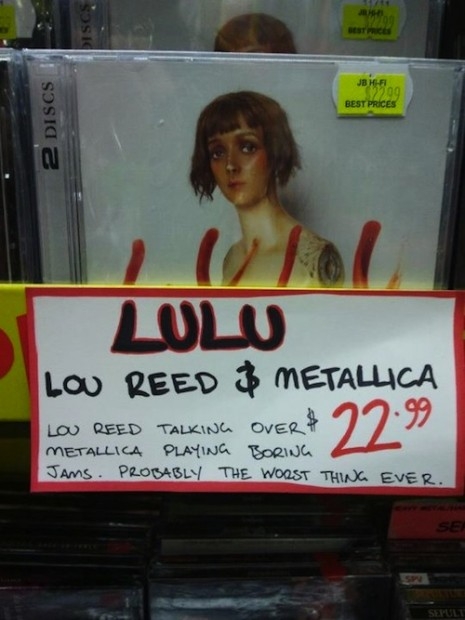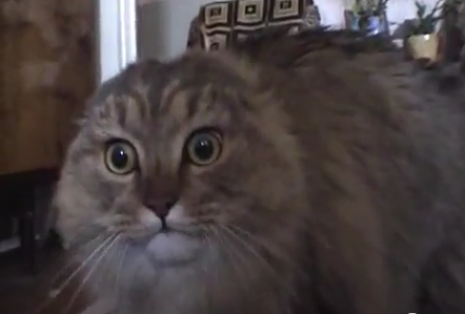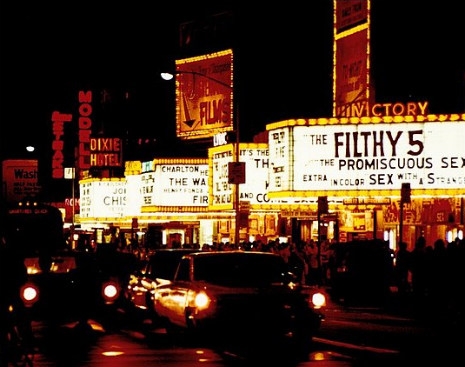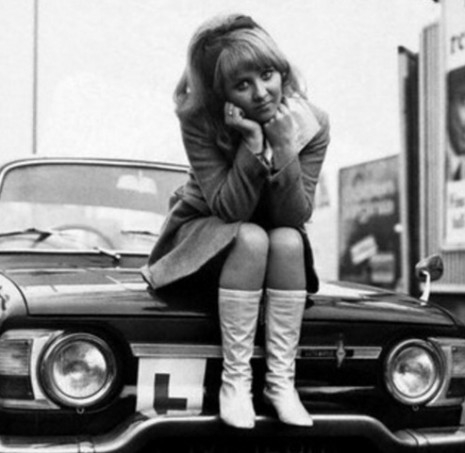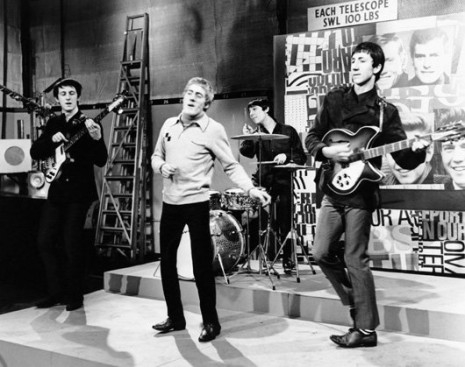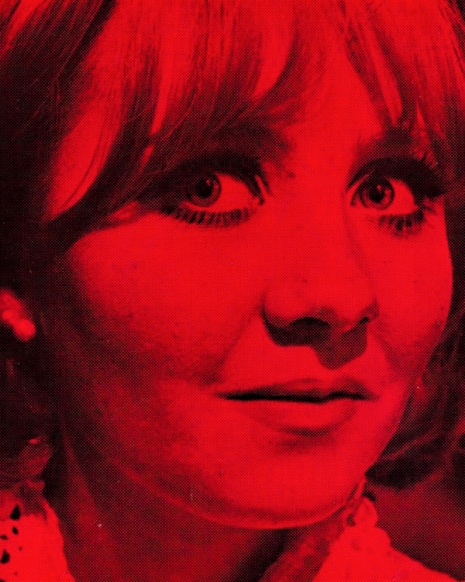
Scenes from an imaginary film about Lulu…
Prologue.
Glasgow 1951. Exterior night. A busy city street. Fogbound. Trams and buses gridlocked—their windows steamy, yellow-lit, blurred faces peering out into the darkness.
Inside one of the buses—a mother and daughter. The girl is about three years old. She is happy, singing quietly. The bus halts. People onboard groan frustratedly, complain about getting home. The girl looks at her mother. She wriggles free and stands in the middle of the lower deck of the bus. The girl is Marie McDonald McLaughlin Lawrie. She starts to sing. She has the voice of a “nuclear reactor” with the face of an angel. The passengers on the bus are enthralled. They can’t believe this tiny child has such a powerful voice. Marie belts out one song after another. The traffic starts to move. The passengers applaud and throw coins. This is Lulu’s first experience of fame.
Scene One.
Glasgow 1962: Exterior twilight. W/S of cranes and ships along the River Clyde and docks. The evening sky is bright orange. The buildings sparkle with the light from tenement windows. There’s a sound of distant traffic—blue trains rattling to the suburbs.
Cut to:
Interior Night: The Lindella Nightclub. Blue wisps of cigarette smoke, tables along one side of the room, a bar with a scrum of customers, eager to get drunk, happy to be out for the night. Backstage - a band, The Gleneagles, are ready to go on. They can hear the audience getting restless. The bass player asks if everything is okay? Over the sound system, the voice of the compere introduces the band. This is it. A ripple of applause, a rush, then the band is on stage.
At the rear, a young girl, who looks hardly in her teens, her hair bright red, sprayed with lacquer and rolled in curlers. She has a cold, but smiles, and looks confident. She holds a beret in her hand—wondering if she should wear it or not. The girl goes on stage. A pause. There’s feedback from the speakers. She checks with the band. The audience is getting uneasy. There are mutters, snide comments (“Away back to school, hen”) and sense of menace. Now fourteen years old, Marie Lawrie is about to change her life. The band is ready. Marie starts to sing.
Lulu: Wwwwwwwweeeeeeeelllllllllllllllllllllllllllll!!!!!!!
The voice is incredible. Little Richard, Jerry Lewis, and The Isley Brothers all rolled into this tiny redhead at the front of the stage.
At the back of the room—a woman stands slightly away from the crowd. She is mesmerized by the young girl’s performance. The audience that was about to riot are now lapdogs to this girl. The woman is Marion Massey—she is an agent—and she has just found her biggest act.
Lulu: (V/O) When I was fourteen, I was very lucky. I was discovered - to use a terrible term - by a person who was absolutely sincere. Since I was five, people had been coming up to me saying: “Stick with me, baby, and I’ll make you a star.” In fact, nobody ever did anything for me. Then Marion came along.
CU of Marion watching Lulu perform.
Marion Massey: (V/O) She looked so peculiar that first time I saw her. Her hair was in curlers underneath a fur beret. She had a terrible cold, was very pale and wore three jumpers. But I was very intrigued by her. There was something tremendously magnetic about this girl. I knew she had the makings of a great star.
Cut to:
London, 1964. Interior Day: Lulu performs on television.
Scene Two.
London 1965. Interior Day—a busy press conference. Behind a table covered with microphones sits Lulu with a vigilant Marion Massey. Cameras flash, TV crews jostle for best coverage, journalists talk over each other, shout their questions.
Reporter One: With all this success are you rich?
Lulu: I get £10 a week pocket money. I get through about £5 a week on taxis alone. They’re terribly expensive in London, but I don’t know my way about well enough to take buses and the only time I went on the tube by myself I got lost…
Reporter Two: What do you spend your money on?
Lulu: Shoes are my weakness, I’ve got eight pairs going at the moment plus two that have just about had it.
Reporter Three: Where are you staying?”
Lulu: At Aunt Janey’s.
Marion Massey: My Mother’s.
Lulu: Auntie Janey’s a wonderful cook. She does gefilte fish, boiled or fried.
Reporter One: Do you like it?
Lulu: Yes. I like it fried. (Pause) With ketchup.
Reporter Four: What’s going to be your next hit?
Cut to:
Interior Night: Lulu comes off-stage having finished singing “The Boat That I Row”. She is approached by writer and film director James Clavell—author of Shōgun.
James Clavell: That was wonderful.
Lulu: Thank you.
(Lulu is surrounded by fans who ask for an autograph. The fans disperse happy with their prized signature. Lulu turns to Clavell.)
Lulu: Are you wanting an autograph?
James Clavell: No, no. I just want to tell you…that er…well…You’ve got the part.
Lulu: What are you on about? What part?
James Clavell: I’m doing this feature film and I want you to be in it.
Lulu: Aye, right. Your patter’s pish by the way.
James Clavell: No seriously, you’ve got the part.
Cut to: Footage of Lulu in from To Sir, With Love.






